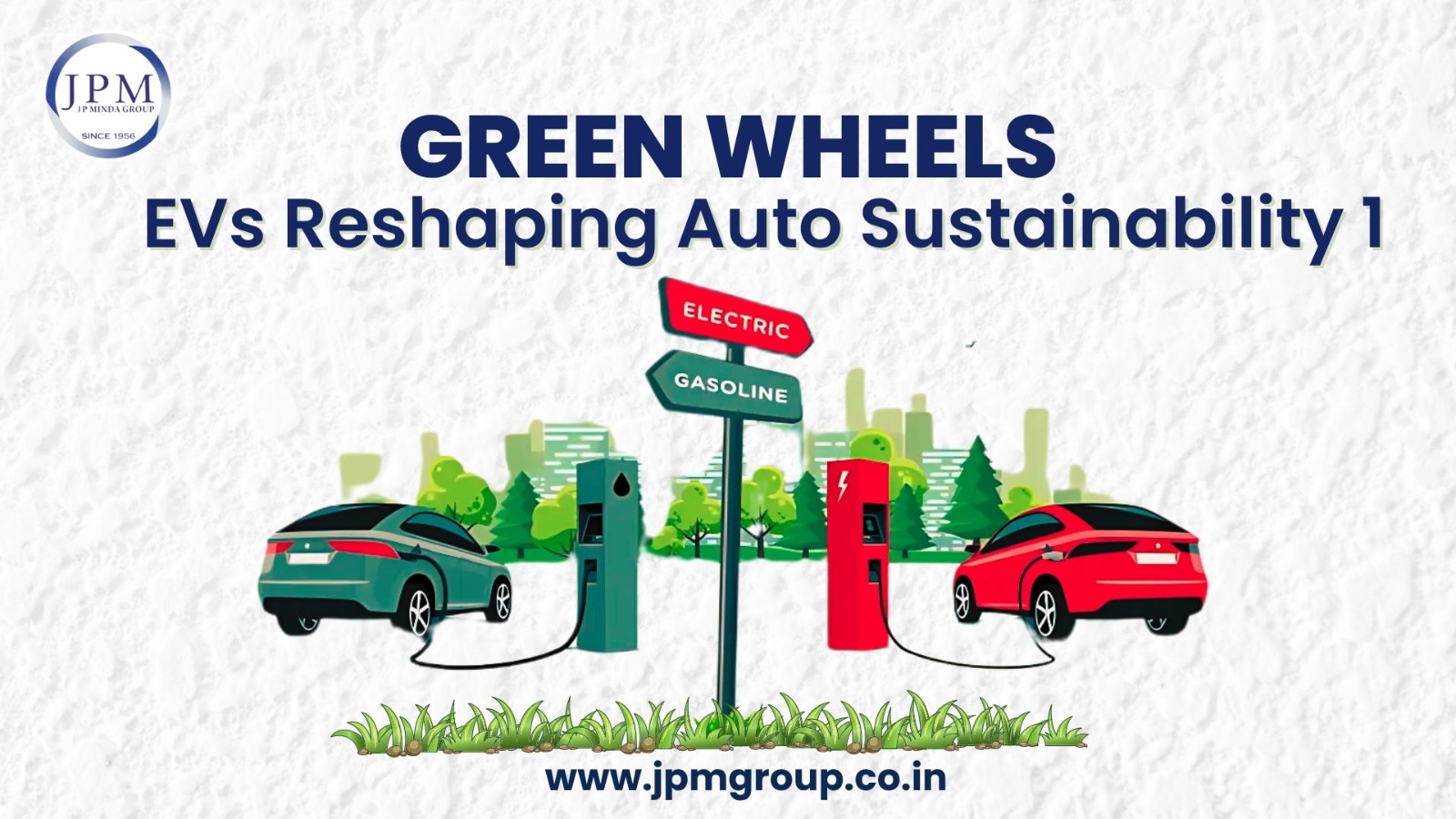How Electric Vehicles (EVs) Are Driving Sustainability in AutoManufacturing
Just ten years ago, the idea of sustainability in Automanufacturing and building cars that run entirely on electricity felt like something from the future. But today, electric vehicles (EVs) are not only a common sight on the roads, they’re playing a big role in changing how cars are made. EVs aren’t just about cutting down on emissions; they’re helping the entire auto industry move toward more eco-friendly and responsible manufacturing, from the first design sketch to the final product.
The Road to Cleaner Living Starts Here
For more than 100 years, internal combustion engines (ICE) have powered most vehicles. But while they brought mobility, they also came with serious environmental costs, high carbon emissions, heavy use of fossil fuels, and manufacturing methods that consumed a lot of energy. Today, Electric Vehicles (EVs) are changing that story. By removing tailpipe emissions and encouraging cleaner production practices, EVs are driving a major shift toward Sustainability in AutoManufacturing, where energy efficiency and environmental responsibility take center stage.
Sustainability Starts on the Factory Floor
EV production plants are changing fast. Many now run on renewable energy like solar and wind, which supports the goals of Sustainability in AutoManufacturing. These factories use energy-saving machines, recycle water through closed-loop systems, and apply smart waste-reduction methods. The outcome? A much smaller environmental impact and improved efficiency that benefits both the planet and the bottom line.
Materials That Care for the Earth
The growth of EVs has led to exciting innovations in how materials are sourced and used. While batteries still need minerals like lithium, cobalt, and nickel, the industry is also turning to recycled aluminum, plant-based composites, and biodegradable plastics. These changes highlight the rising focus on ethics and Sustainability in AutoManufacturing, as makers work to cut down on using new raw materials and protect the environment.
Sourcing Smarter, Supporting Local
One important but often overlooked part of Sustainability in AutoManufacturing is the supply chain. The rise of EVs is driving a shift toward local manufacturing, which cuts down transportation emissions and boosts regional economies. Technologies like IoT and AI are now being used to streamline supply chain logistics, making the entire process from sourcing raw materials to final assembly more efficient, transparent, and sustainable.
Batteries Built for More Than One Life
Batteries are central to EV innovation, and Sustainability in AutoManufacturing relies heavily on managing their entire lifecycle. More and more, used EV batteries are being repurposed for stationary energy storage or recycled to recover valuable metals like lithium and cobalt. This circular approach reduces the need for new mining, helping to protect the environment and support wider sustainability goals.
The Journey Toward Greener Roads
The electric vehicle movement is more than just a technology change, it’s a complete shift in mindset. From design to delivery, EVs are driving the push for Sustainability in AutoManufacturing. While challenges like scaling green technologies and ensuring ethical mining practices still exist, the progress is unstoppable. The industry is moving toward a future where Sustainability in AutoManufacturing is not just a choice but a fundamental commitment.
Conclusion;
Electric vehicles are changing not only what we drive but also how we construct things. From renewable energy in factories to ethical material sourcing and battery recycling, the rise of EVs is steering the entire automotive industry toward a greener horizon. Sustainability in AutoManufacturing is no longer a trend; it’s becoming a standard. While challenges like resource extraction and large-scale infrastructure changes remain, the shift is well underway. As the EV movement continues to grow, so does our collective drive toward a more responsible, efficient, and sustainable AutoManufacturing

